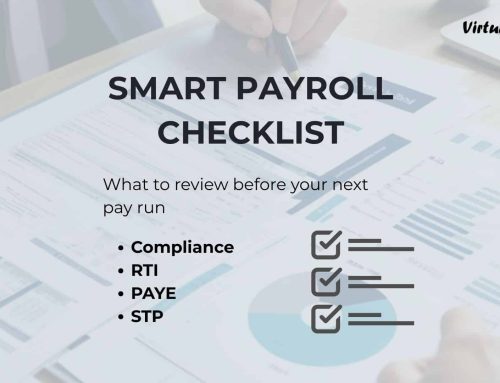What is Sustainability Reporting?
Sustainability reporting is how companies share information about their environmental, social, and governance (ESG) efforts. It lets stakeholders—such as investors, customers, and regulators—see how a business is working to be responsible and sustainable.
Some key areas covered in sustainability reporting include:
- Environmental Impact: Reporting on energy use, carbon emissions, water usage, and waste management, and showing efforts to reduce environmental harm.
- Social Impact: Addressing labor practices, employee welfare, diversity, community involvement, and human rights issues.
- Governance: Covering corporate governance, ethics, anti-corruption measures, and risk management practices.
Sustainability reporting helps companies be transparent and responsible while contributing to long-term business success.
Importance and Benefits
Why is Sustainability Reporting Important?
- Transparency and Accountability: Companies openly share their environmental and social impacts. This makes them more accountable for their actions.
- Risk Management: By tracking ESG risks, businesses can better manage and reduce potential problems related to regulations, environmental harm, and social issues.
- Building Trust: It builds trust with investors, customers, employees, and communities by showing that the company cares about sustainability.
- Compliance with Regulations: In many countries, sustainability reporting is required or strongly encouraged by law. It helps companies meet these requirements.
- Supporting Global Goals: Sustainability reporting supports global efforts like the United Nations’ Sustainable Development Goals (SDGs), which aim to solve big environmental and social challenges.
What are the Advantages of Sustainability Reporting?
- Stronger Reputation and Brand: Companies that report on sustainability are often seen as more responsible and trustworthy, which improves their reputation.
- Attracting Investors: Many investors want to support companies that focus on long-term sustainability. Reporting on ESG efforts helps attract this kind of investment.
- Cost Savings: Sustainable practices often lead to better use of resources like energy and water, reducing costs over time. It can also drive innovation in products and processes.
- Competitive Edge: Companies with strong sustainability practices stand out from competitors. More customers choose to buy from businesses that prioritize sustainability.
- Employee Engagement: Focusing on sustainability helps companies attract and retain employees who care about making a positive impact. It also fosters a better work culture.
- Business Resilience: By adopting sustainable practices, companies become more adaptable to changes in regulations, markets, and the environment, ensuring long-term growth.
Sustainability reporting not only helps the planet and society but also offers companies real business advantages like better reputation, cost savings, and stronger relationships with investors and employees.
Key Frameworks
Some commonly used frameworks for sustainability reporting:
- Global Reporting Initiative (GRI): GRI is one of the most popular frameworks. It offers detailed guidelines for reporting on economic, environmental, and social impacts.
- Integrated Reporting (IR): IR focuses on showing how sustainability and financial practices work together to create value over time.
- Sustainability Accounting Standards Board (SASB): SASB provides industry-specific standards that help companies report on the most important sustainability issues for their sector.
- Task Force on Climate-related Financial Disclosures (TCFD): TCFD gives recommendations for reporting on climate-related risks and opportunities, helping companies manage the impacts of climate change.
- Carbon Disclosure Project (CDP): CDP focuses on environmental reporting, especially related to carbon emissions, water security, and deforestation.
Using these frameworks helps companies create clear, credible, and consistent sustainability reports that meet the expectations of stakeholders.






